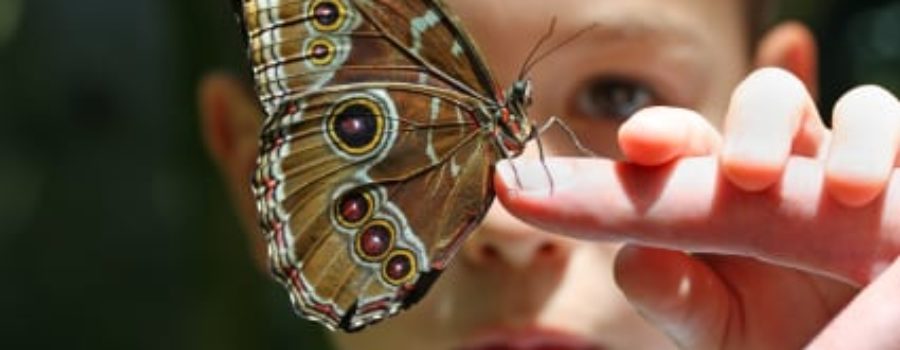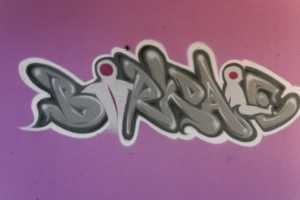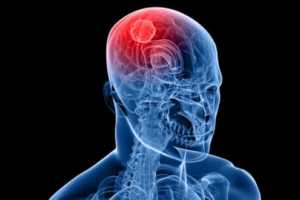Perceiving direction of self-motion is multi-sensory process that involves visual optic flow as well as vestibule sense.
Vision provides extrinsic world based coordinate information and is used to plan spatial features of movements towards visual targets. Proprioception provides intrinsic information about limbs configuration and movements and predominates in transforming a spatial plan in to commands that results in muscle force and joint movements
The importance of working with the visual processing in physiotherapy is that movements becomes more natural , the fear is reduced and this improves posture. In turn of course alignment of the body improves and the quality of movements it enhances the motor learning.
How does it affect children? it is not visual acuity, it is the way brain process the visual information.
There are a number of ways that this affects children, here are just some of them:
- They have difficulty to visually imagine something
- Remembering their left and right
- Copying information from the board
- Navigating through unfamiliar environment
- Noticing small detail differences between objects
- Manipulating objects
- Accurately comparing visual length ,width and angles
- They have difficulty recognising size of the objects
- They have difficulty to match objects
- They have difficulty in visual memory
- They often hold their head and neck in extension and this effects their eye moments and as a result they do not look down and trip over the objects.
- May be become over whelmed in cluttered and messy environment.
- They have difficulty with visually guided movements i.e. their hand and eye coordination effected.
- They have difficulty in visually guided movements i.e. they do not look where and how they step
- They have difficulty in their postural alignment and balance.
- They have difficulty in walking in a crowded environment and panic about people coming toward them.
These are just few of the issues, it is vital to involve eye tracking in all the daily living activity.!!!
For example the child with cerebral palsy will often have their head in extension and as a result will fall and trip over objects. In order to change this we use a peanut ball which will naturally bring the sense of eyes going up in extension and eyes are down with flexion, as well as recruiting vertical eye movements it also enables the child to feel safe looking down. Immediately if they stand up the weight is shifted back to the heel and a new sensation is created, this new sensation will give rise to new motor learning.
This is just one example and they are many more ways one can repeat the same activity in daily living but repetition is key to learning. To find out more how the physiotherapists at the Birkdale Paediatric & Adult Neuro Clinic can help please contact us.




